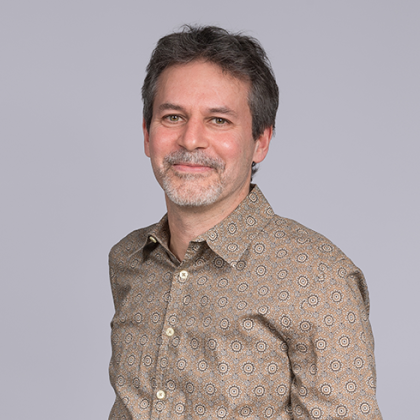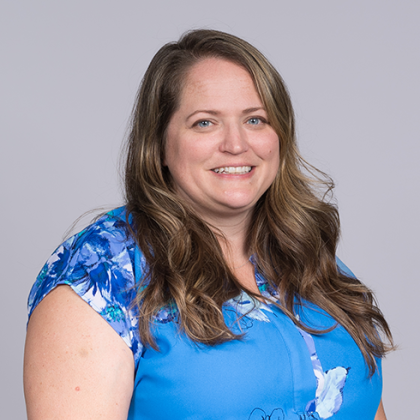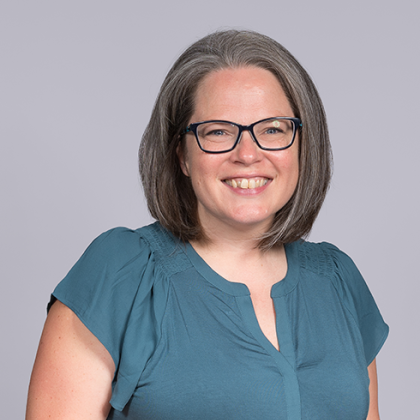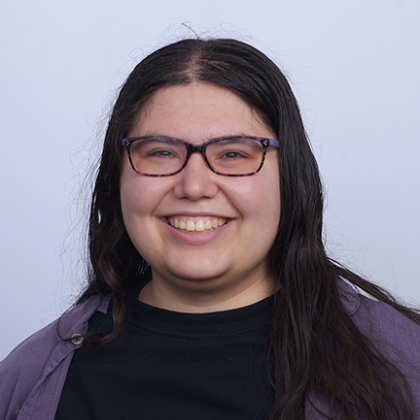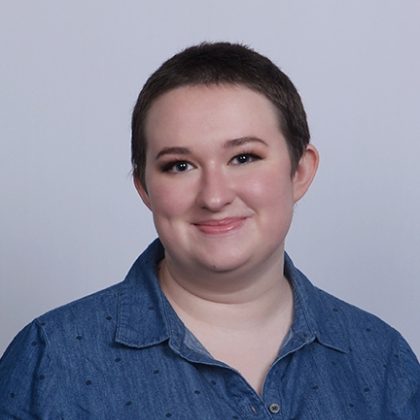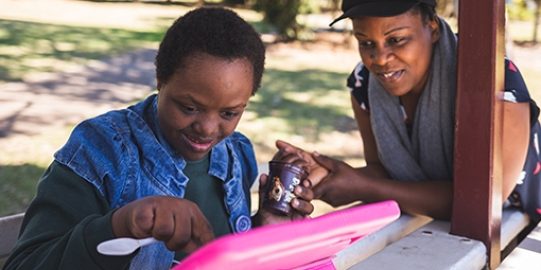Our sessions at ASHA 2024
Part-Time AAC Use: What Does it Mean and Why Does it Matter?
Date: Thursday, December 5 | Time: 2:00 PM - 3:00 PM | Location: CC/Arch/Arch-3AB (Lvl 3)
Clinical and academic recognition of autistic adults who use both augmentative and alternative communication (AAC) and speech has increased recently. This increase, along with the language describing the speech experiences behind this AAC use, are largely Autistic community sourced and driven. As practical familiarity with these terms is associated offering AAC and supporting AAC use for autistic people with these needs and experiences, this presentation will define, compare, and contrast the terms intermittent, unreliable, insufficient, and expensive speech. It will then discuss how these experiences can affect communication and how AAC can support people with these needs. As device funding is a concern, this presentation will also discuss how funding for part-time AAC users has been and can be achieved.
Learn more
Re-thinking Language Assessment: Collaboration to Measure Progress of Emergent Communicators
Date: Friday, December 6 | Time: 8:00 AM - 9:00 AM | Location: CC/Summit/Summit-437-439 (Lvl 4)
Clinicians often struggle to find appropriate assessment tools to measure communication growth among emergent communicators, especially those who may need AAC. Traditional standardized assessments often fall short in capturing subtle skill development in early communicators. This can lead to ineffective goal setting and difficulty tracking meaningful progress.
This session will present several different open-source tools and strategies for assessing emergent communication skills. The common approach behind all these tools is capturing data from observational reports from multiple perspectives in the natural environment. This allows clinicians to triangulate evidence collected over time, partners, and contexts. Attendees will gain insights into selecting and utilizing assessment measures that accurately represent student learning, enabling them to develop more targeted goals and track progress effectively.
Learn more
Supporting Gestalt Language Processors to Keep Scripting
Date: Friday, December 6 | Time: 12:00 PM - 1:00 PM | Location: CC/Arch/Arch-Ballroom 6C (Lvl 6)
There has been recent progress in allowing therapy to be more neurodiversity-affirming and child-led. The Natural Language Acquisition method emphasizes modeling and following the child’s interests, with few-to-no direct trials. However, the expected outcome remains word by word generation of communication (spontaneous novel utterance generation) and has not traditionally addressed the continued use of scripts. To be truly neurodiversity-affirming, we must also support the continued use of scripts alongside the skill of word by word communication. In addition, there is significant conflicting information with minimal evidence regarding the application of these methods with AAC. This session considers the benefits and methods to support communication for Gestalt Language Processors who use or could benefit from AAC.
Learn more
Perception of Autistic Speech: Views of School-Based Professionals - Donaldson et al [Poster Presentation]
Presenters: Alyssa, Dr. Amy Donaldson, endever* corbin
Date: Friday, December 6 | Time: 2:00 PM - 3:30 PM | Location: CC/Arch/Arch-Hall 4B
Speech alone is not adequate for many autistic people. Indeed, autistic adults report communication challenges throughout childhood, yet never having access to AAC (Donaldson et al, 2021). Given these factors, school-based professionals may play a key role in access to communication for autistic students. The current study examined the knowledge, skills, and experience of school-based professionals related to autism and AAC, and how these may impact AAC use for autistic students. Employing a 35-item online survey, professionals were asked about their education and training, experience working with autistic students, and views on speech and AAC. Results indicated learning can change reported attitudes towards AAC access and there is a need for professional training and support related to autism and AAC.
Learn more about in-person presentation
Learn more about virtual poster

